Cooperation within the Organization of Turkic States (OTS) should also cover military and security fields along with economic and humanitarian fields, Farid Shafiyev, Chairman of the Center for Analysis of International Relations (AIR Center), said in a statement to Report.
According to Shafiyev, the Organization of Turkic States plays an important role in responding to the challenges of the time against the backdrop of complex geopolitical events in the world, preparing member states for threats, and strengthening countries politically and economically.
He said that President of Azerbaijan Ilham Aliyev attaches great importance to the OTS:
"The president has emphasized in his speeches that the Organization of Turkic States is our family. Within the framework of this organization, work should be carried out not only in economic and humanitarian fields but also in military and security areas. We see that, as the head of state noted, a process of unification among Turkic states has been taking place over recent years. A relevant headquarters is already operating in Istanbul. Structures of this organization have been established in Baku, Astara, Tashkent, and other cities."
The AIR Center chairman noted that significant development has been observed in the important period that began with the Nakhchivan agreement:
"Thus, the organization that started as the Turkic Council has now become an international organization. We see that Uzbekistan, Kazakhstan, and Azerbaijan conduct joint exercises. Turkic states are also working together to develop the military industry.
The Organization of Turkic States plays an important role in responding to the challenges of the time against the backdrop of complex geopolitical events in the world, preparing member states for threats, and strengthening countries politically and economically."
According to him, work on creating a common alphabet for Turkic-speaking countries has been completed:
"Arabic, Latin, and Cyrillic alphabets have been used in Turkic-speaking countries in the past. Central Asian states still use the Cyrillic alphabet. For this purpose, it was decided to create a common, unified alphabet based on the Latin alphabet, and work in this regard has already been completed.
In addition, the implementation of an inter-country student exchange project is also being discussed for the future. As we know, there is the Enactus program in Europe. Countries covered by the Organization of Turkic States also want to create a similar program. With this program, young people will be able to read each other's texts and literature. Overall, the main goal in implementing all these measures is to strengthen Turkic unity."
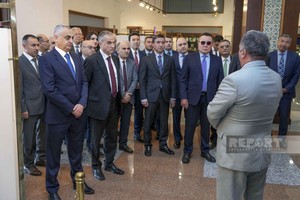
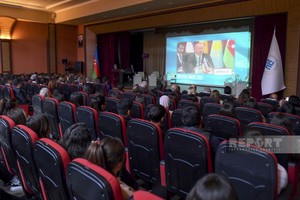
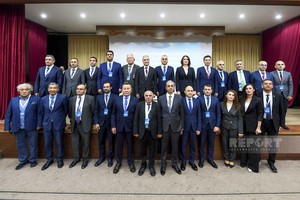
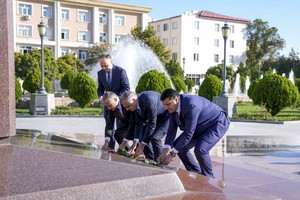
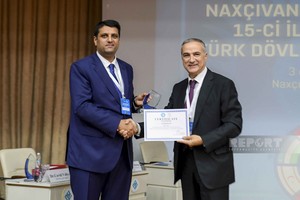
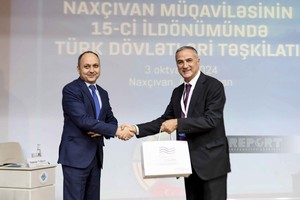
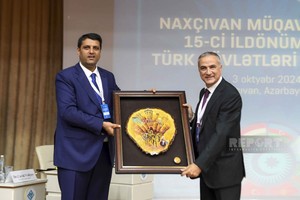
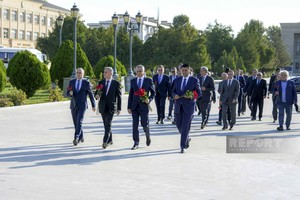
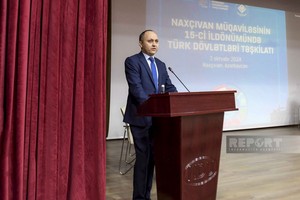
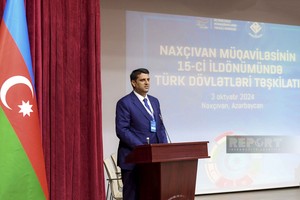
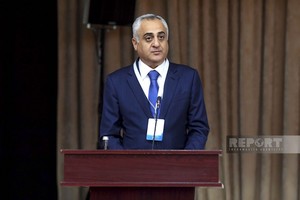


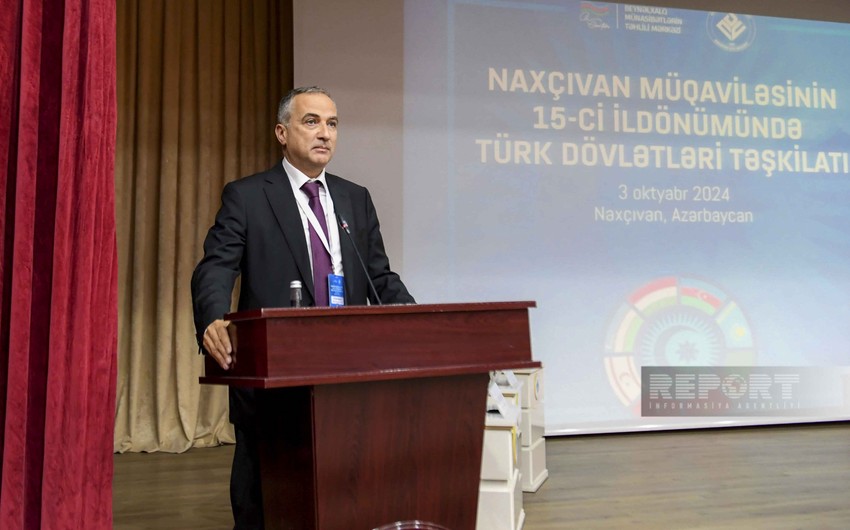 https://images.report.az/photo/2a5b7e5d-df03-30d2-9bec-aba762154abe.jpg
https://images.report.az/photo/2a5b7e5d-df03-30d2-9bec-aba762154abe.jpg

